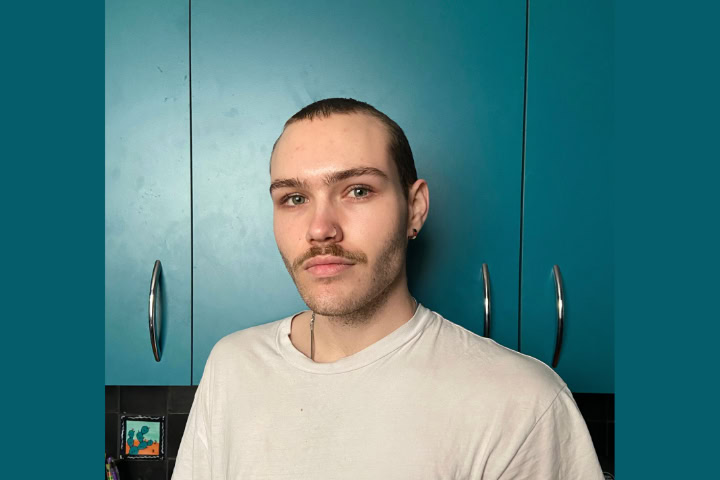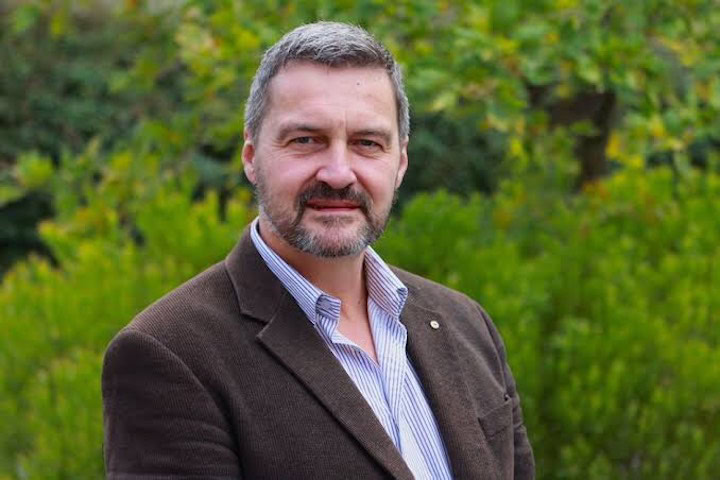
Community and COVID-19: Don’t Forget Where We’ve Come From

When Star Observer asked me to write an opinion piece about being gay, COVID-19 and my experiences as the modern world grappled with one of the most significant pandemics in history – I realised that I didn’t have a lot to say.
We all know what I’m talking about. It was three months of quintessential nothing: no dancing, no lovemaking, and no getting down tonight. However, while we may be in the limbo of a second lockdown, I don’t want to talk about the pandemic.
If you’ll indulge me, I want to give a youth’s perspective in the gay discourse on where our community fits in a post-COVID world. I see a split forming, and I see one part of the community being left behind if left unchecked.
in May this year at the hands of Minneapolis police officers catalysed a newfound vigour for dismantling systemic racism. With civic disillusionment from COVID-19 as the spark, the world activated both digitally and physically, and rally’s detesting police brutality were held despite concerns of increased community-transmission.
While I on these rally’s taking place in Sydney, I saw an ugly side of this community that I feel does not embody what the LGBTQI community is.
��“Floyd was a [career] criminal with very serious assault weapons & drug charges all his adult life – I don’t support criminal activity – all lives matter,” – read one comment on my story.
This is an extreme example of growing racist rhetoric held by a considerable number of people in the LGBTQI community. While we’ve known for a while that this sentiment creeps around in our community on , it’s still sobering to see it.
I’ve even seen this sentiment held by people I considered very dear to me, and it’s a group-sentiment that hides an insidious mindset behind the progressive protection of an ‘LGBTQI’ label.
As a young person, I think that the LGBTQI community must remain a powerhouse of progression for all marginalised groups experiencing systemic oppression. The legacy that’s been handed down to us by older Queers says that this is the case.
The LGBTQI community has long been the punching-bag for police, and it’s a focal point in much of our community’s modern history. From the assaulting and detaining of 78er protestors at Sydney’s first Mardi Gras 42 years ago, to the bungled investigation by police over the murder of Scott Johnson in 1988.
��When NSW Police kettled 200 protestors inside Central Station and unleashed capsicum spray on 40 to 60 people, the 78ers saw .
“This long-standing NSW police tactic is one 78ers remember well – when protesters were trapped, bashed and arrested in Kings Cross by police on June 24, 1978. It wasn’t right then, and it isn’t right now,” First Nations LGBTQI activist corporation, Firstnationsrainbow, and the community association for 78ers involved in the first Mardi Gras, First Mardi Gras Inc, said on their page in June.
“78ers have now received an apology from the Police Commissioner for the behaviour of NSW Police in 1978. But the NSW Police have demonstrated that they have not changed.”
To see members of our community ignore the struggles of a marginalised group, and in doing so, forget the struggles that LGBTQI people once similarly faced, should never be tolerated.
��However, there is hope. I also saw a community that empathised and rallied together in the face of systemic oppression. While I became disillusioned with one facet of the community, I’ve become proud of another.
What I’ve seen and learned from a post-COVID world as a young person is that while some in our community have dropped the baton of grassroots activism, others are picking it up and running for the hills.
I’m proud to say that I’m a part of this community, but not just because I’m gay. I’m proud because I’m a part of a community that continues to look outside itself to fight for others.








